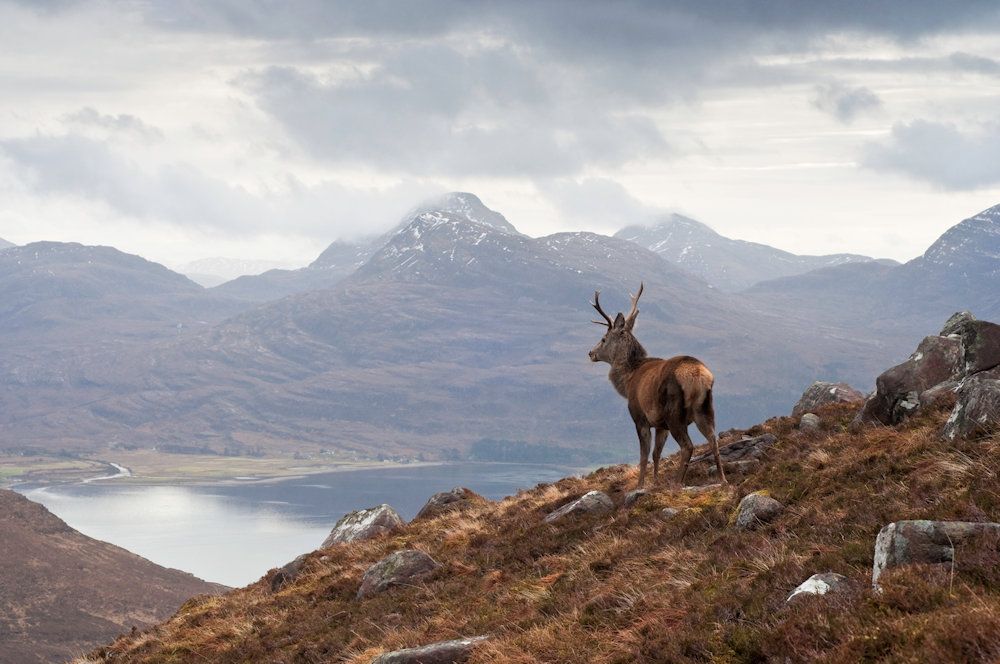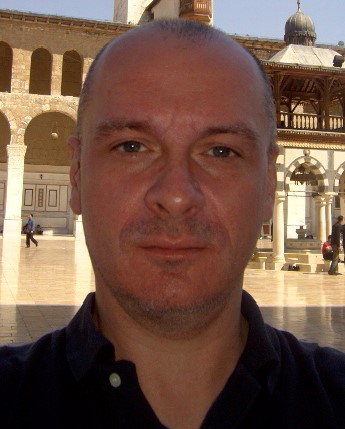Ancestral tourism: marketing the past
By Derek Bryce - Posted on 24 January 2020
Marketing academic Dr Derek Bryce outlines what ancestral tourism is and discusses a Strathclyde Business School project looking at how this phenomenon has grown.
"From the lone shieling of the misty island, Mountains divide us, and the waste of seas - yet still the blood is strong, the heart is Highland and we in dreams behold the Hebrides"
That is an excerpt from "The Canadian Boat Song" which first appeared in "Blackwood's Edinburgh Magazine" in 1829. It speaks of loss and longing for a homeland left behind. It appeared to be the words of a Gaelic exile, a victim of the Highland Clearances but its writer's identity remains a mystery. Many think that it was composed by a Lowland Scot who hadn't emigrated to Canada at all and there lies the issue at the heart of this project: the longing for a 'homeland' experienced subjectively but temporally and spatially removed from 'home'.
We set out to investigate the real and 'imagined pasts' articulated by 'ancestral tourists' from Scotland's overseas diaspora communities, how this shapes their demand for 'authentication' and personal heritage, and the responses in terms of professional discourse and host-visitor ethics within the Scottish museum and cultural heritage sector.
Ancestral tourism is a heterogeneous activity in terms of motivation, activities undertaken and facilities used to support it. Moreover, it is a phenomenon by no means confined to the Scottish context, with the desire to re-engage with former 'homelands' existing in, for example, other European as well as African, Indian and Chinese diasporas. Heritage tourism in Scotland depends on popularly received images of the Highlands, Gaelic culture, traditional music and dress as well as the aspirational lifestyle products of golf and whisky. This is a partial, often regionally specific, yet commercially useful image of the country.
The timeliness of such an investigation was apparent given the renewed focus on the Scottish cultural identity and its links with the country's global diaspora as both commercial and political resources, recognised as such by both the Scottish Government and the national tourism organisation, VisitScotland. Indeed, two of us (Dr Derek Bryce, a dual Canadian/UK national and Dr Samantha Murdy, a dual Australian/UK national) were particularly well positioned to sympathetically observe the encounter between Scots-in-Scotland and 'hyphenated' Scots from our overseas diaspora.
The project has turned out to be very productive in terms of academic output, with five highly ranked papers published by the research team, consisting initially of Dr Matthew Alexander, Dr Derek Bryce and Dr Samantha Murdy and subsequently joined by Mrs Jane Johnstone, all from Strathclyde Business School's marketing department. Outputs appeared in Annals of Tourism Research, Journal of Travel Research, Tourism Management, the Journal of Marketing Management and International Journal of Contemporary Hospitality Management. Another outcome of this project was our success in attracting a fully funded collaborative doctoral award from the Arts and Humanities Research Council (AHRC), sponsored by Glasgow Life to explore how cities like Glasgow can benefit from a market that is largely focused on rural, Highland Scotland.
We undertook a broadly based qualitative study on the supply side amongst practitioners across Scotland with the kinds of organisations that routinely deal with ancestral tourists: museums, archives and heritage sites in both major urban centres and smaller, rural communities. This fed in to a quantitative study of the demand side, with questionnaires administered amongst ancestral tourists themselves at a major museum in Edinburgh. Our PhD student Jane Johnstone then built upon our initial published work with a four year, recently completed, ethnographic study where she was embedded with curators, archivists and other heritage professionals across Glasgow Life's suite of museums, public archives and related heritage sites determined to be points of ancestral tourism production and consumption.
In terms of professional esteem and impact, the project has resulted in paid consultancy with Highland Museums; knowledge transfer activity with the Scottish Ancestral Tourism Group; an invitation as an invited plenary speaker at the Conference on the Inclusive Museum at the University of Manchester and several papers presented at international conferences.










